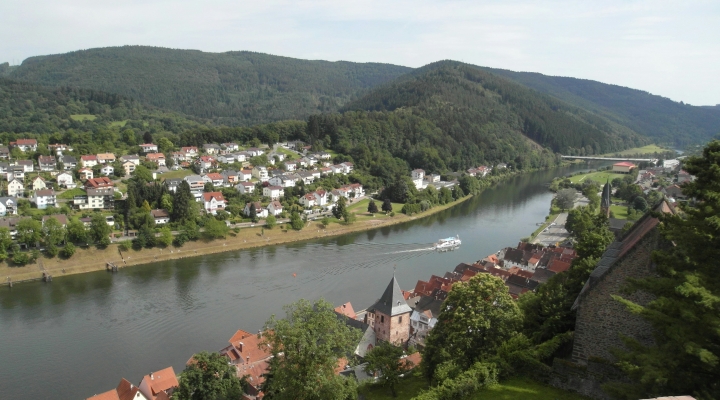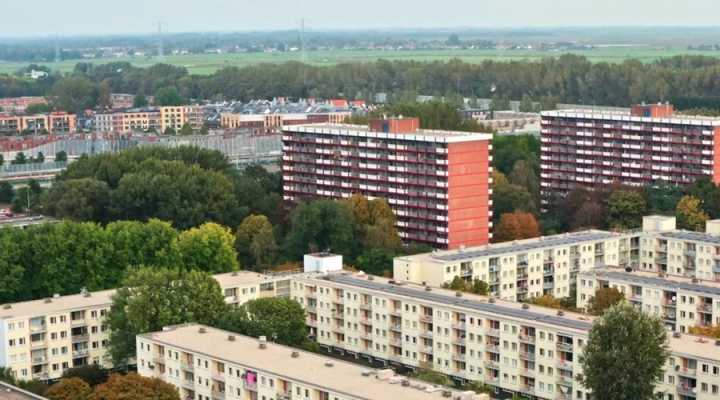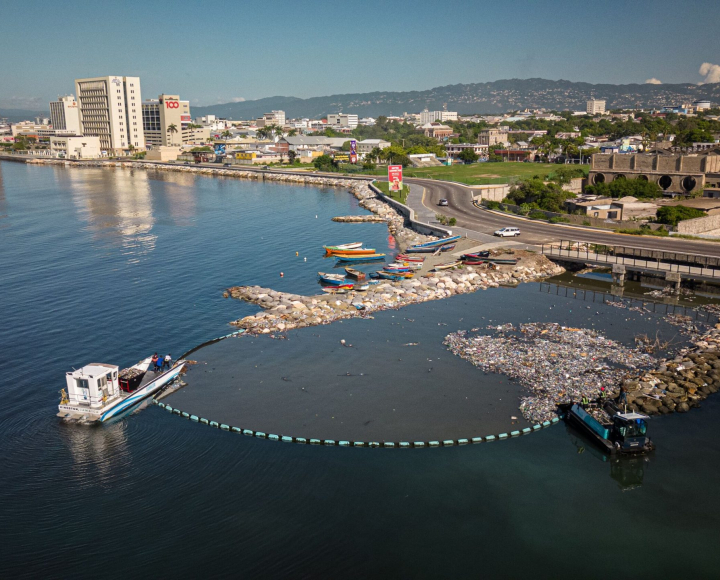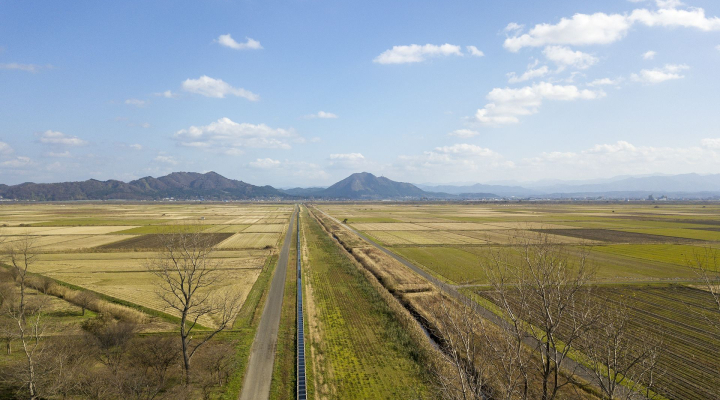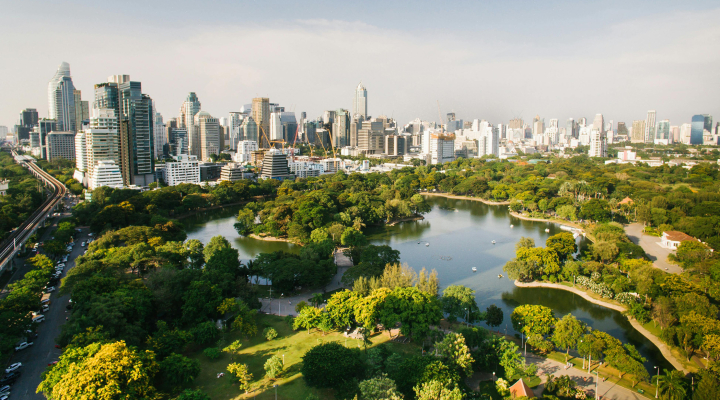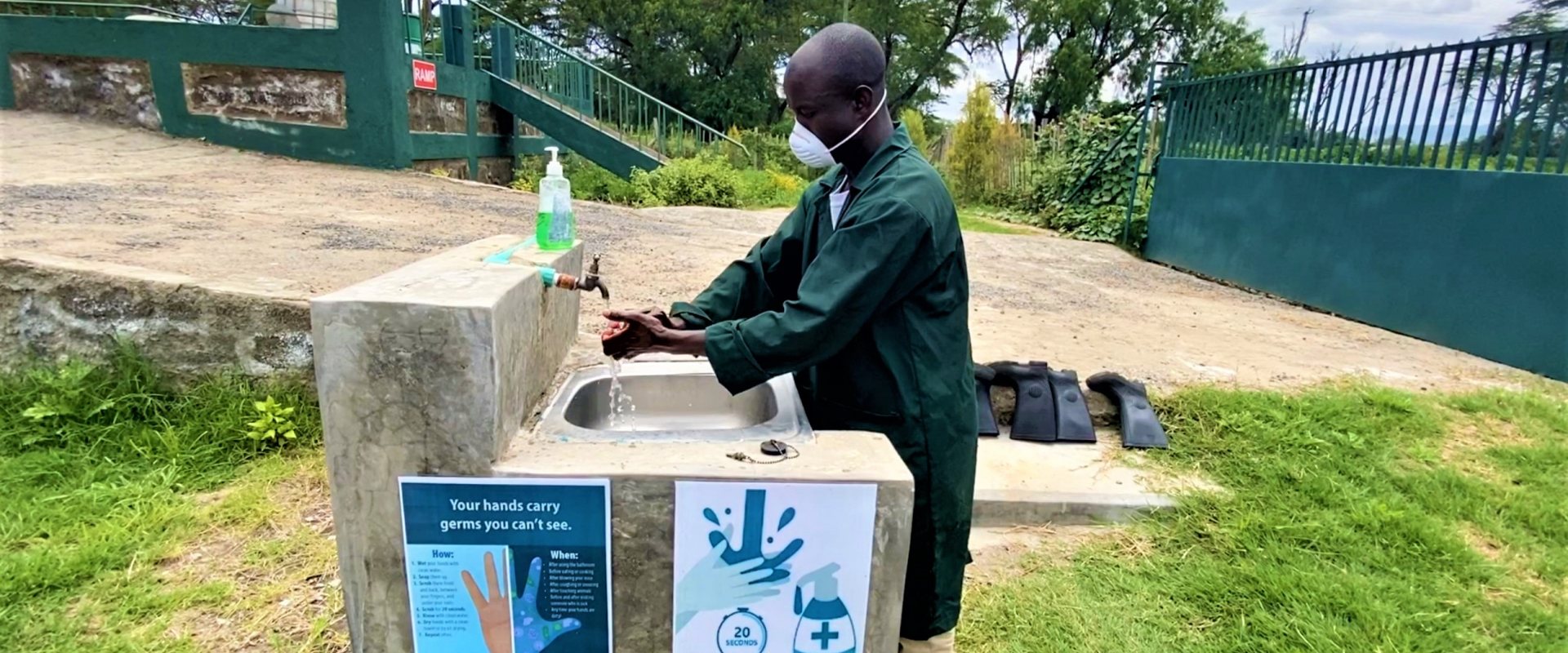
10 news stories that stood out in 2020
Hand washing has been THE number one topic for the water sector in 2020. As the Covid-pandemic spread around the world, the availability of water showed its importance again.
A look back on news stories that involved the Dutch water sector in a turbulent 2020.
Up and running
Despite many Covid-restrictions, the water sector managed to keep its services running. Working from home became the new normal, with virtual meetings replacing the normal face-to-face encounters. The Dutch water sector remained active abroad, although at a slower pace.
Also the pandemic didn't stop the water sector from developing new solutions to help solve the world’s wicked water problems. The pandemic even boosted a rather unknown field: sewer surveillance.
Stand out stories
With this year’s last news item, we bring you ten news items that somehow proof to be remarkable. Ten stand out stories with involvement of the Dutch water sector.
If you like our news stories, please subscribe to our newsletter, follow us on Twitter and Facebook and of course, also keep reading and sharing the news stories on this website in 2021.
The editorial team of www.dutchwatersector.com wishes you a happy and healthy 2021!
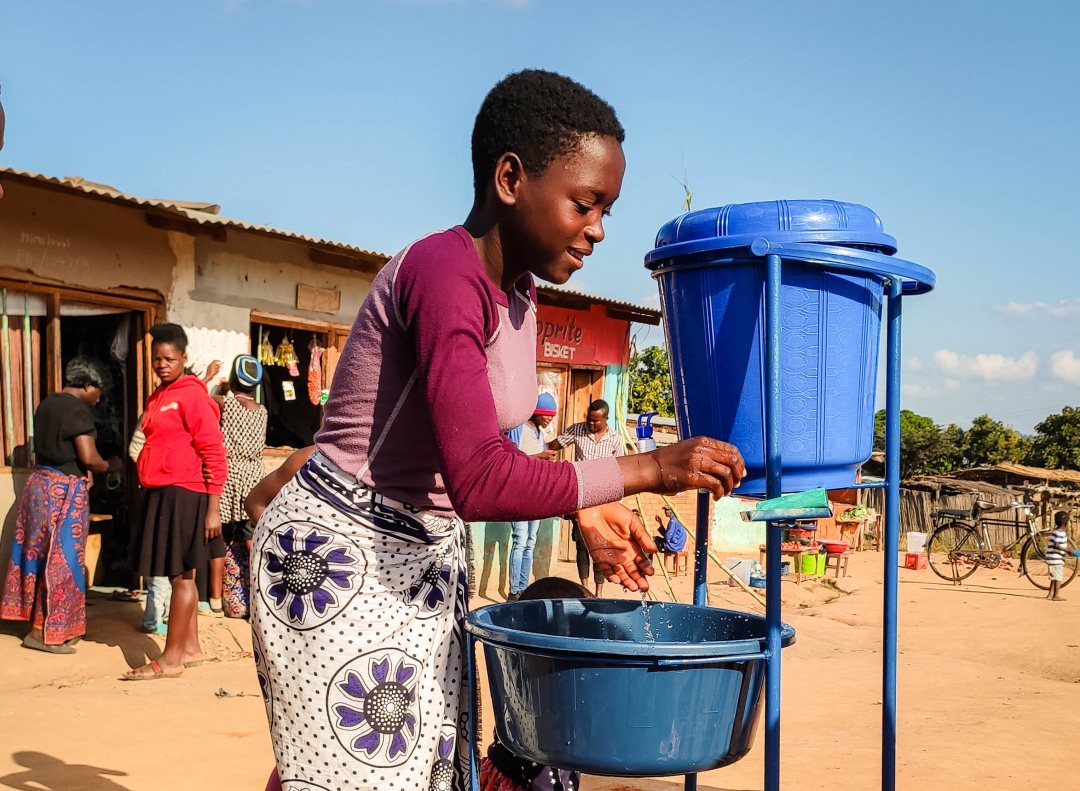

A day to remember
Even more important than World Water Day on 22 March, was this year’s Global Handwashing Day on 15 October. The 2020 edition was extensively covered in the media. And rightly so. In the developed world it was a reminder that washing your hands is one of the values of water that go beyond the tariff paid for its delivery. In other parts of the world it painfully showed that basic hygiene still lacks in many places.
Immediately after the outbreak of the Covid-pandemic many organisations initiated the delivery of water and soap installations to communities and health centres in need. Dutch foundation Wilde Ganzen started a special fund to co-finance Covid-projects to secure water and food supplies. The interest in the fund proved to be overwhelming.
Read the full story >>
Poop surveillance
Dutch water research institute KWR, with principal microbiologist Gert Jan Medema in particular, has been the most cited in 2020 worldwide when it comes to measuring Covid RNA-particles in sewage water. At a very early stage, the presence of Covid-19 in sewer systems was seen as a potential route for the virus to spread. It was not immediately clear whether the Covid-particles were dead or alive.
The announcement by KWR that samples taken at the waste water treatment plant of the Dutch city of Amersfoort showed the presence of the Covid-virus one week before the first confirmed case, was in news headlines all over the world for months.
KWR managed to quantify the monitoring of Covid-particles and linked it to the number of people connected to the sewer system. This led to the development of a national sewer surveillance indicator that, in case of an increase, warns for a possible spread event.
Read the full story >>
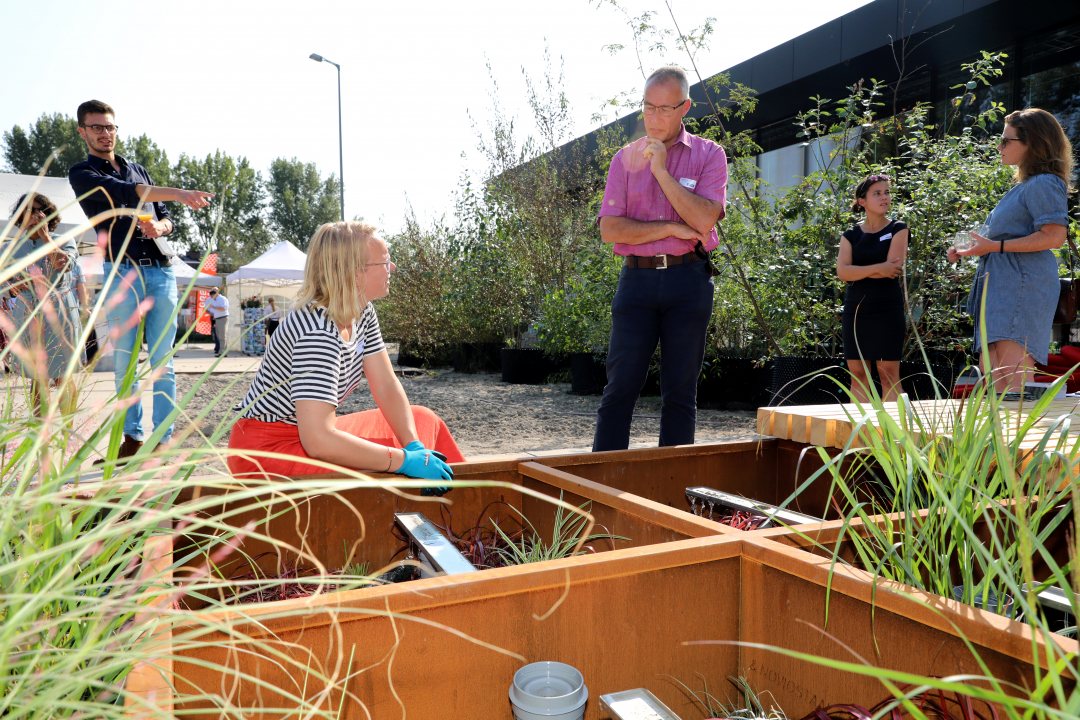

Bridging floods and droughts
Delft University of Technology opened the Green Village field lab on its campus to allow start-ups to experiment with new urban solutions that tackle both too much and too little water. Hard surfaces make cities vulnerable for extreme weather events. In case of extreme rain fall the streets flood and in case of a heat wave there is very little water available for green spaces and fountains that keep the city cool.
The field lab started with six SME companies that have the opportunity to improve their solutions, not only technically but also commercially. The presence of a real test installation at the field lab, allows the companies to welcome potential customers, mainly municipalities, and make them aware of the possibilities of buffering rain water at street level with an option to reuse the water in dry periods.
Read the full story >>
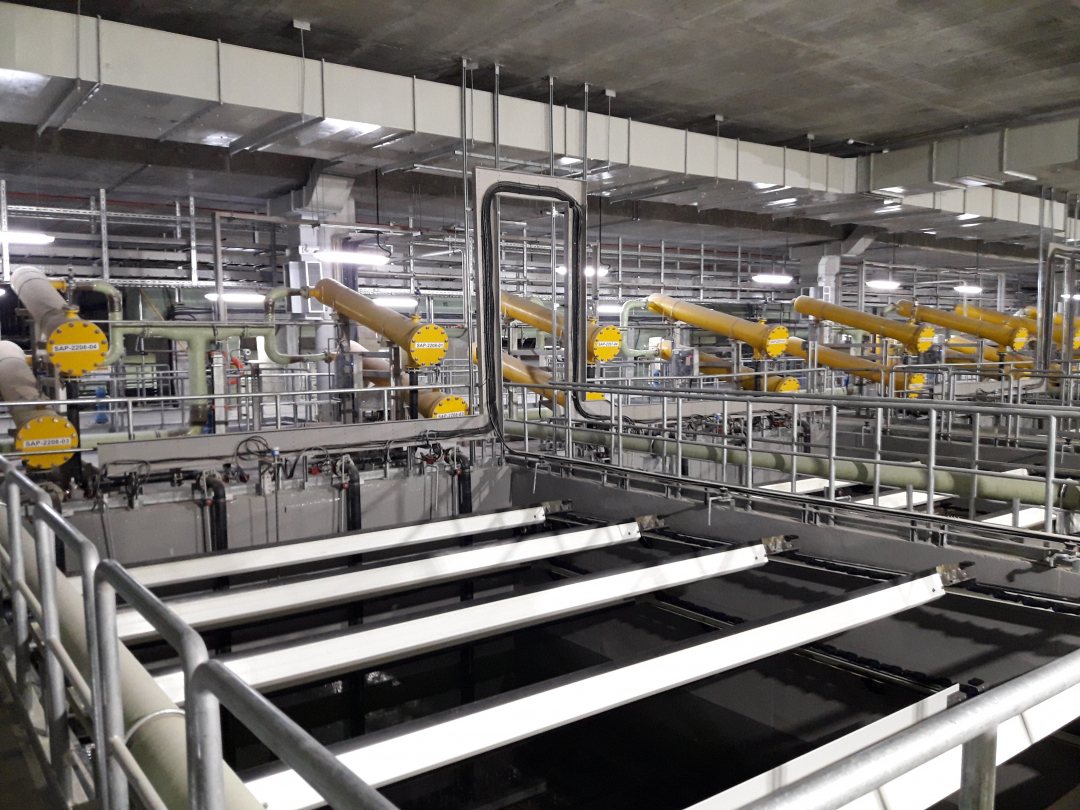

Pre-treatment for desalination
Nijhuis Industries delivered eight dissolved air flotation (DAF) units to Singapore PUB for the removal of solids at their latest dual mode desalination plant. The plant can produce drinking water from either fresh water from the Marine Bay or salt water from the sea. In both cases the high-rate i-DAF-units remove even the smallest particles and flocks, before the intake water is treated with reverse osmosis filtration.
The delivery of advanced Dutch water technology marks the close relation between the Dutch and Singapore water sectors. In 2019 PUB opened a modernized water work that uses Ceramac membrane technology developed by PWN Technologies.
Read the full story >>
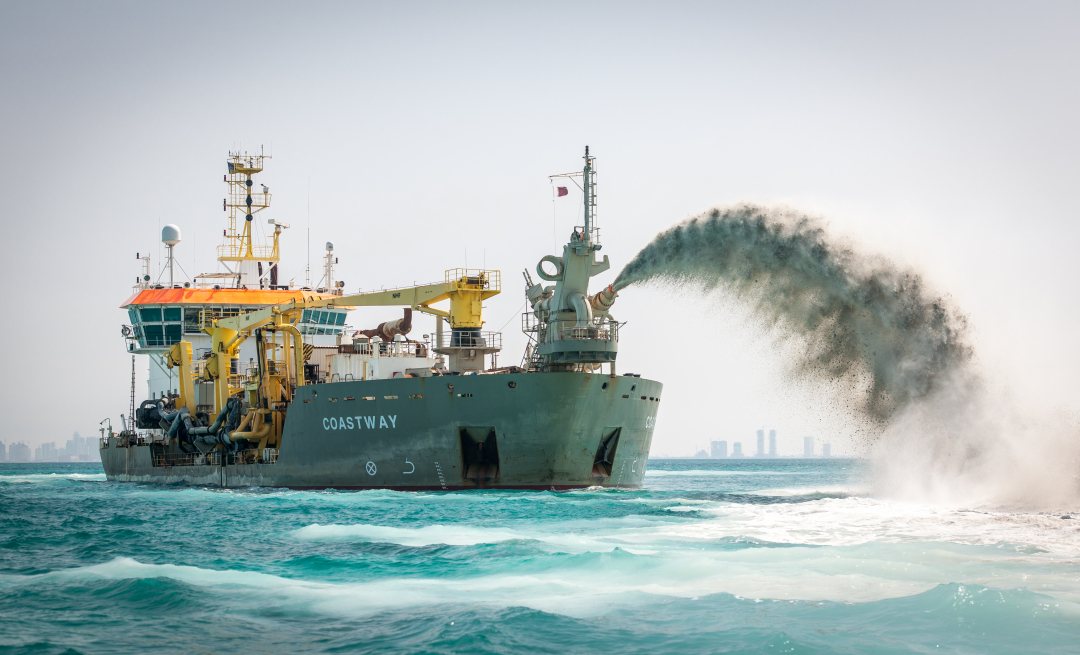

Biggest dredging contract ever
At the close of the year, dredging company Royal Boskalis proudly announced its biggest contract ever: the construction of a new airport for Manilla, the Philippines. The contract is worth 1,5 billion euro and is probably not only a record for Boskalis but for the whole Dutch water sector.
The contract concerns the reclamation of 1,700 hectares of new land in the bay of Manilla. Large land reclamation projects have become a key activity for Dutch dredging companies since the construction of the Palm Jumeirah island off the coast of Dubai in 2001. The companies introduced new dredging vessels with a larger capacity that make it much cheaper to bring in sand from the sea.
Read the full story >>
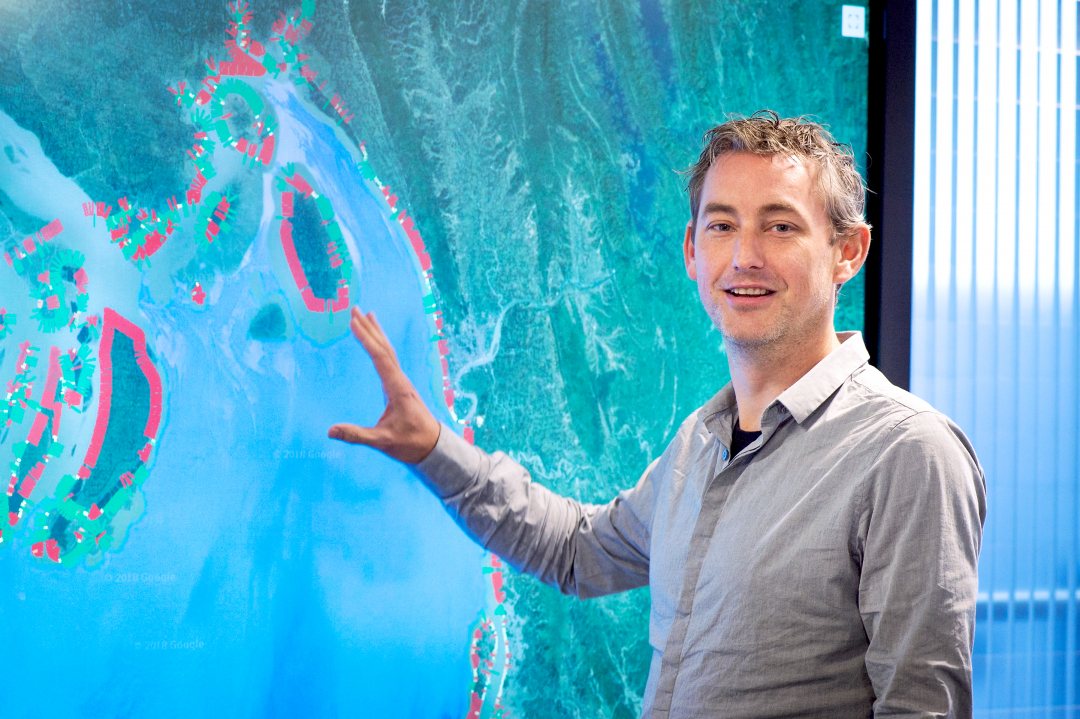

Global water data at everyone’s fingertips
Research institute Deltares launched BlueEarth Data, a new open source platform to share operational and historic water-related data of oceans, coasts and rivers on a global scale. The platform allows specialists, researchers, and water managers all over the world to use this data to gain more insights on global water-related risks and several types of hazards, such as floods, droughts, coastal erosion and storm surges.
Water-related hazards are often underestimated and poorly managed and with the platform Deltares wants to contribute to disaster risk reduction (DRR) management, particularly in less-developed regions. Users of the platform have access to global forecast maps of water levels, surge levels and currents and can also view, inspect and download the time series data in detail at the 1000+ locations for free.
Read the full story >>
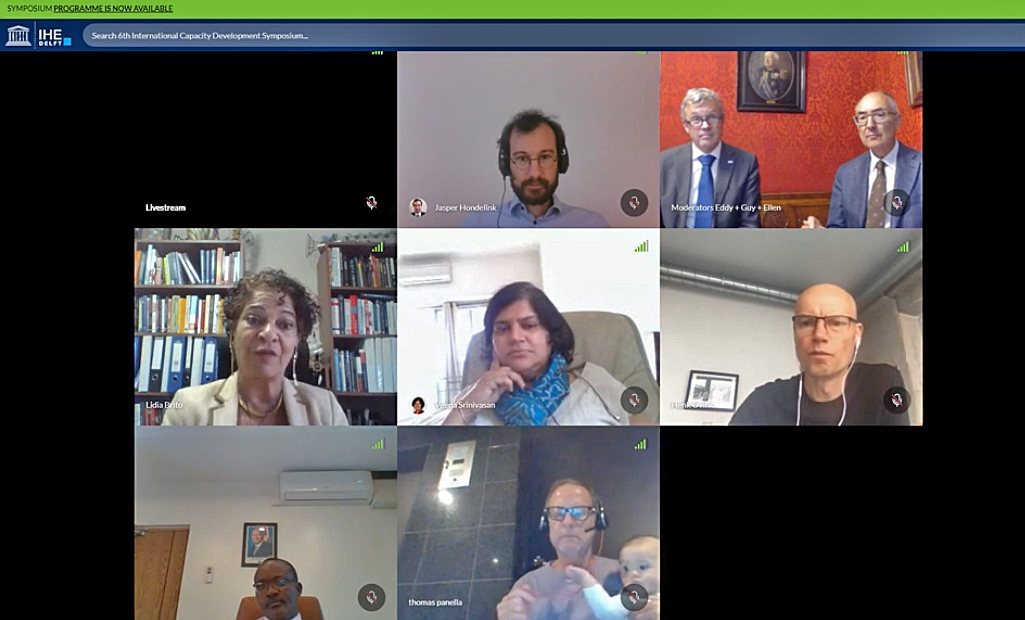

More responsive
The water sector is known to be very compliance and engineering oriented. The training of water professionals is traditionally focused on solving technical issues. Not so, for students at the water education institute IHE Delft. Many years ago the institute introduced a new syllabus based on multidisciplinary skills. The students have to learn to use their hydrological and hydraulical knowledge to solve complex societal issues and make water infrastructure functional and sustainable.
No wonder that this year’s edition of IHE Delft’s symposium on knowledge and capacity called on organisations to become more responsive to the fast changing world and to become more performance orientated. IHE Delft summarized the key findings of the symposium in the 2020 Delft action agenda on water capacity development.
Read the full story >>
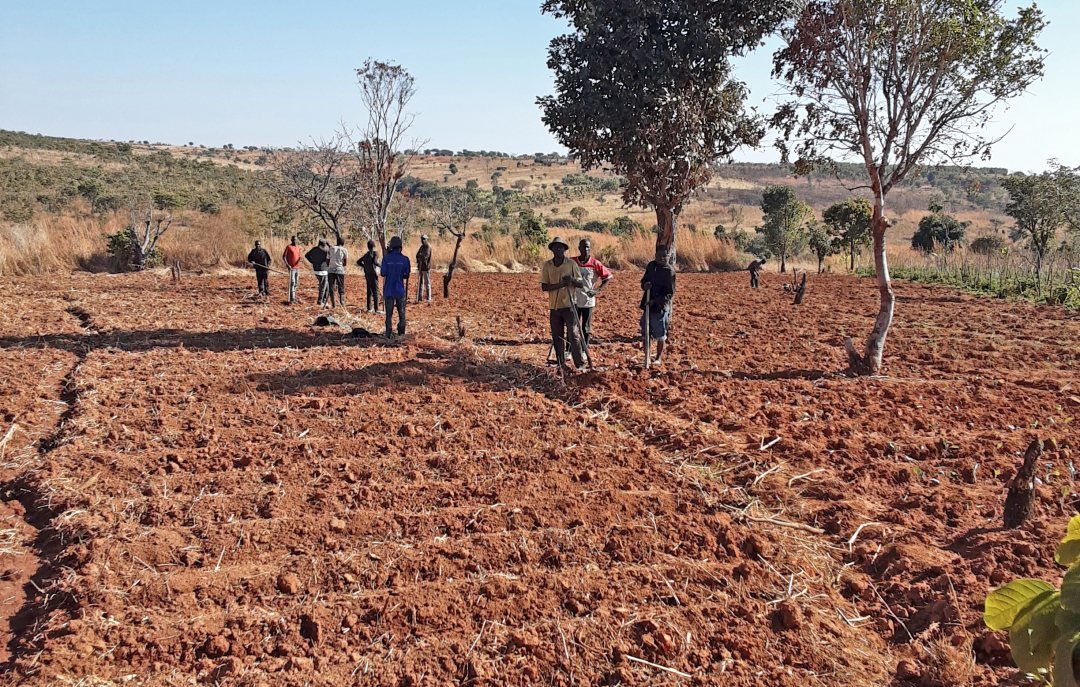

Satellite supported irrigation
Angolan farmers have been provided with a mobile app to fully optimise their irrigation systems for a higher crop yield. In many regions of Angola water is scare and can be the limiting factor to grow crops. The Dutch-Angolan consortium Mavo Diami supports a subscription service for over 100 farmers to get regularly updated satellite data and weather forecasts. The satellite-based data sets include soil texture, soil water storage capacity, vegetation growth, terrain slopes, rainfall and air temperature.
Visualized on maps the spatial variation can easily be shown and farmers can identify the most suitable location and area to grow certain crops. Also, potential crop yields are determined for desired cropping seasons using the FAO AquaCrop.
Read the full story >>
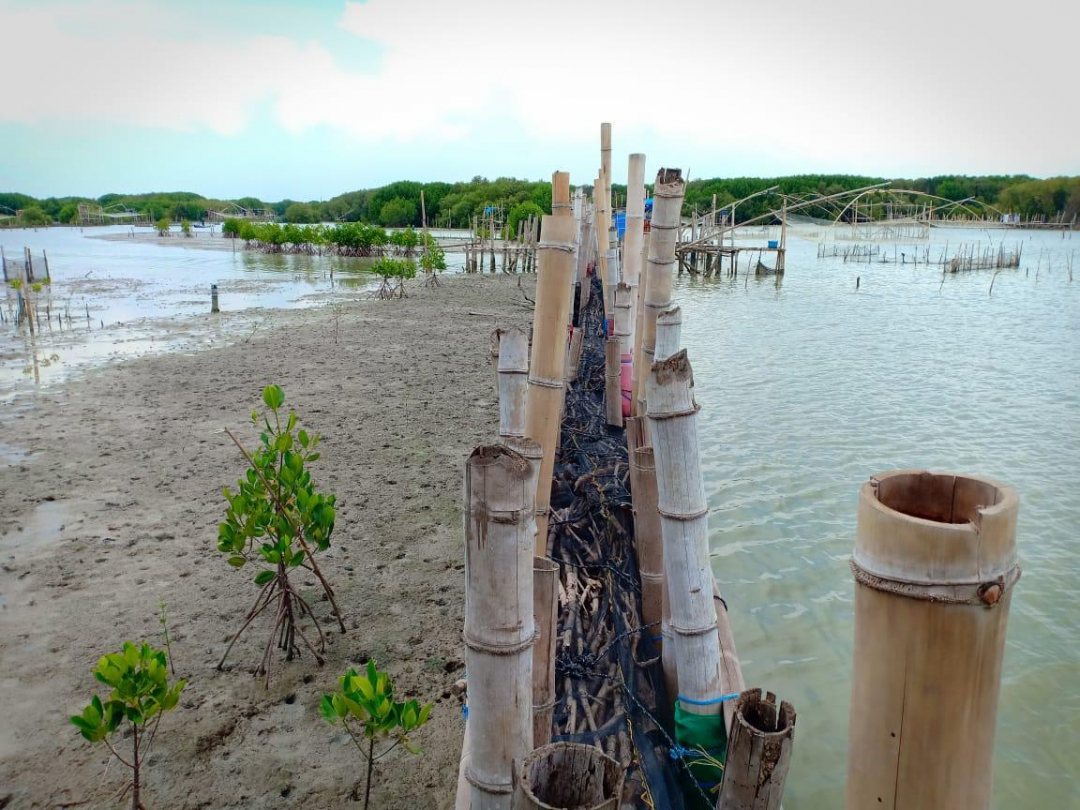

2020 buzz-word: nature-based engineering
A buzz-word in 2020 has been nature-based solutions. Instead of building more man-made water infrastructures, it has become popular in 2020 to restore nature and use the forces of nature. The concept of nature-based engineering has multiple benefits, for instance, to increase the availability of clean water, to restore ecosystems and to include the knowledge of local communities about the water systems. The enormous potential of wetlands to store carbon made nature-based engineering even more popular.
In the Netherlands this type of engineering is referred to as 'Building with nature' and has become popular for coastal defence projects. Dredging firm Boskalis and nature conservation organisation Wetlands International announced their joint Blue Carbon initiative to enhance and restore coastal wetlands. As an example, they refer to the restoration of mangrove forests along the coast of Northern Java, Indonesia, as a flexible flood defence scheme.
Read the full story >>
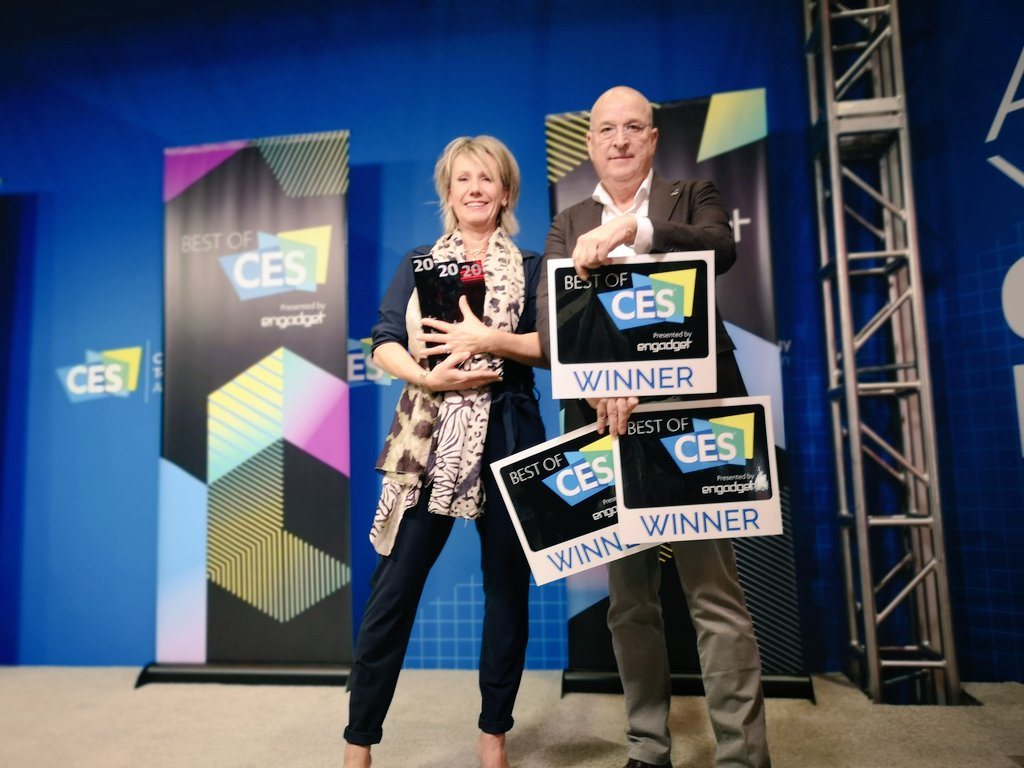

Most successful water reuse unit of the year
This year started with an unbelievable success of the Dutch company Hydraloop. It won three prestigious awards at the largest consumer electronics show CES in Las Vegas. Hydraloop was number one in the categories: Best of Best, Best Start-up and Best Sustainability Product.
In 2017 the company introduced a low-maintenance unit that can easily be installed for the recycling of up to 85 percent of all in-house water. The CES-awards boosted the company’s international business and paved the way to municipalities and property developers. Together with financial institutes, such as the World Bank, Hydraloop has prepared a large scale roll out of their product. Especially in water-scares cities the Hydraloop device can have a big impact on the use of drinking water, as well as on the volume of waste water to be treated.
No doubt that Hydraloop will be in the news many times again in 2021.
Read the full story >>




